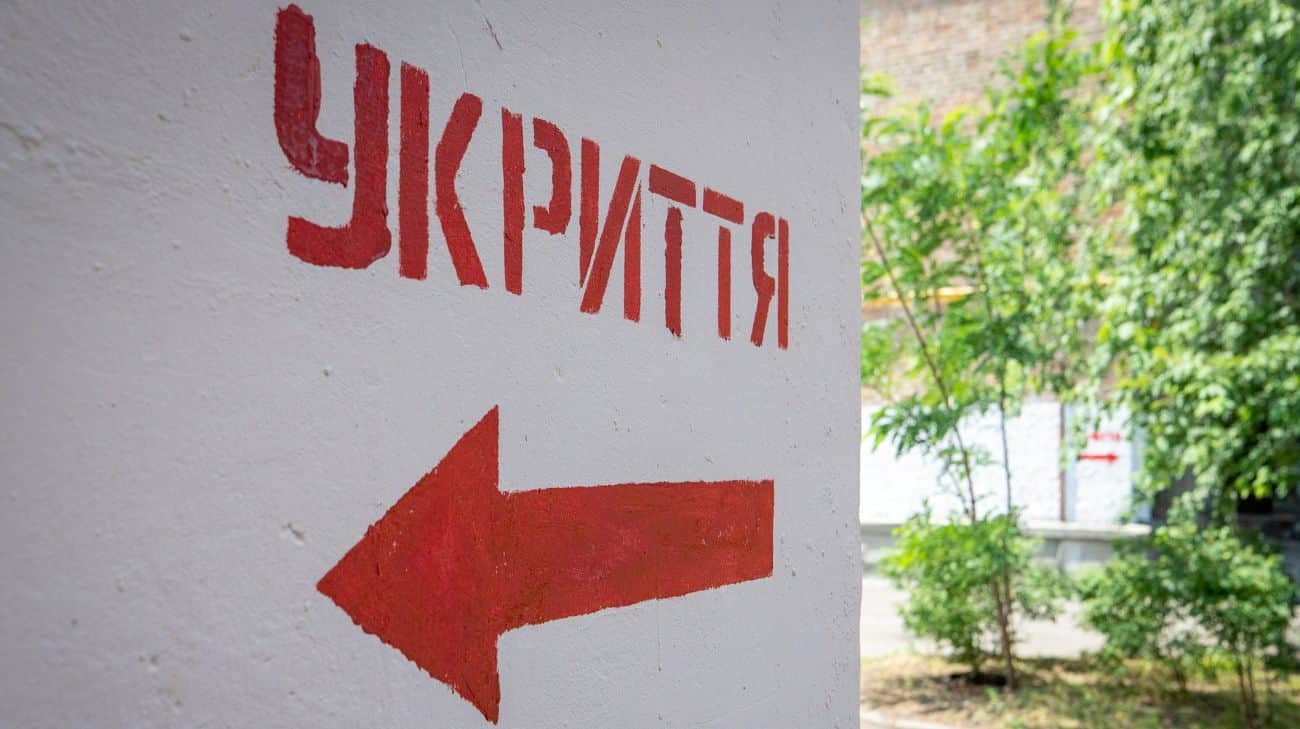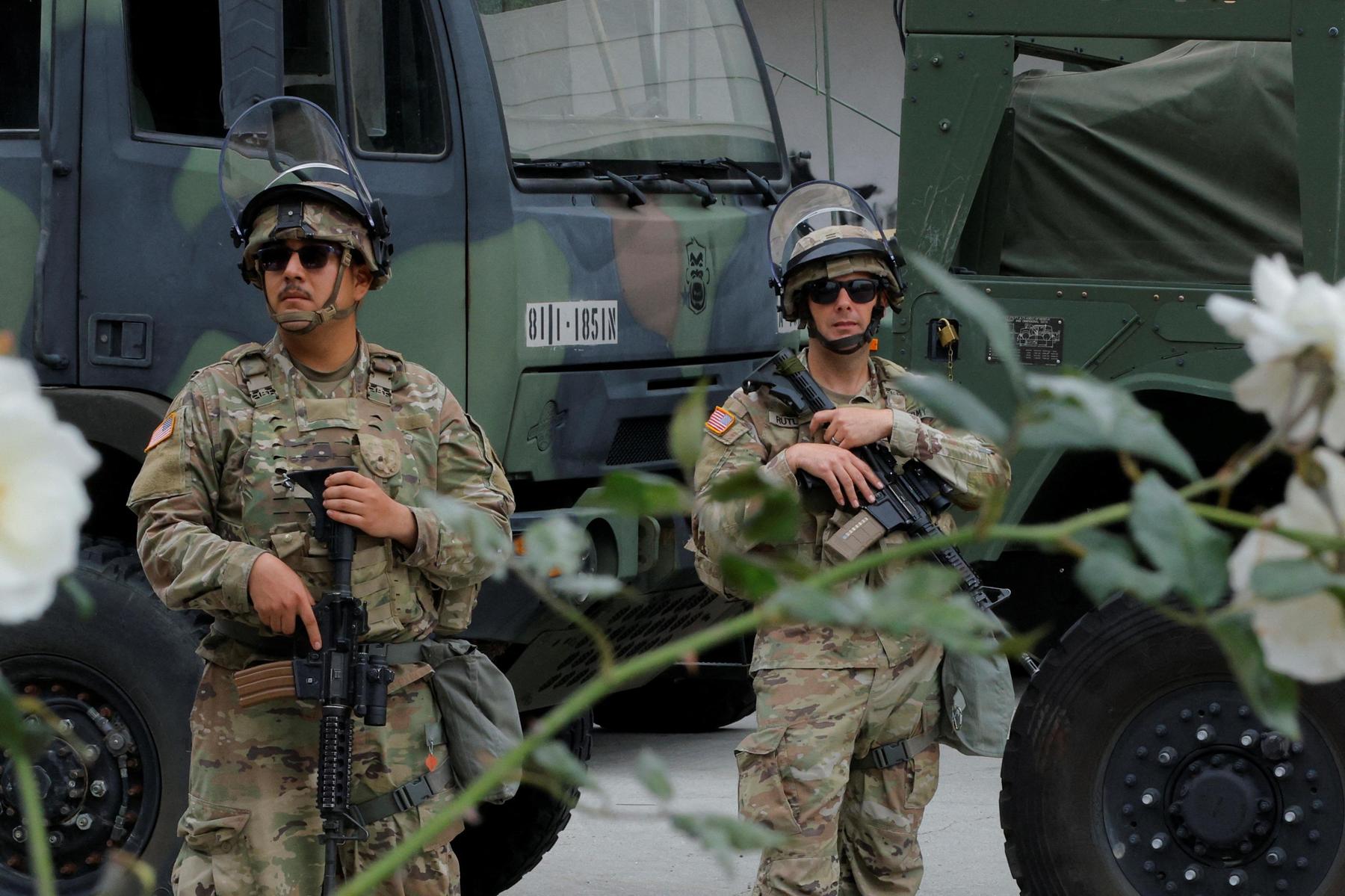The term « right -wing extremist » is a problem of journalistic ethics

The author is a doctoral philosopher and psychologist. He has been working as a psychoanalyst for over 20 years.
Guest contributions reflect the respective opinion of their authors, not those of the editorial team. They are not part of regular reporting and theme planning of the « Luxemburger Word ».
In a democratic public, the language of the press is not just an instrument for imparting facts and ignorant « truths ». Freedom of expression also inevitably also includes positions that can prove to be « wrong », not least because political, economic and social relationships can generally only be opened up by competing interpretations.
Above all, the language of the press is part of the reality that describes it. Especially in politically charged debates, it seems to have become a standard that certain terms in journalistic reporting are not used as descriptive categories, but as discursive judgments. Among them are terms such as « right -wing extremists », « populist » or « conspiracy theorist » that do not serve so much for education or information than the disqualification of politically undesirable opposition.
How global injustice increases the wave of refugees
If so -called journalistic « fire walls » are primarily used for the disqualification of legitimate democratic opposition, they do not become bulwarks of the (defensive) democracy, but to instruments of their abolition.
The term as a label
The expression « right -wing extremist » has become a labeling concept in media contexts. In the absence of clear definitions, verifiable criteria and a comprehensible argument, the judgment has already been determined before the analysis – a fact that the selective calling on scientific authority cannot relativize.
« The expression ‘right -wing extremist’ has become a labeling concept of struggle in media contexts, » says Thierry Simonelli. Photo: Shutterstock
This form of conceptual use has consequences: it replaces a political discussion from moral marking. Anyone who is named as a « right -wing extremist » is no longer up for debate, but outside the debate.
How Luxembourg’s social and solidarity economy loses their roots
Of course there are actual right -wing extremism in Europe. But the public effect of a term depends not only on its factual appropriateness, but also on its discursive function. And this function is not analytical in the described cases, but strictly normative, pejorative. The term becomes generally a derogatory judgment. This not only undermines the quality of the public debate and the credibility of journalism, but ultimately leads to a short closure of democratic exchange of views.
Journalistic ethics in the Luxembourg context
The Luxembourg « Code de Déontology Journalistique » clearly defines the role of the media: journalism should provide citizens a fair, diverse and truthful information, enable democratic discourse and create the prerequisites for critical judgment. Central values are impartiality, transparency, and the principle of separation between message and opinion.
Literally it says: « This freedom, which must be exercised without restrictions, without pressure and without censorship, is one of the indispensable columns of every democratic society. »
Anyone who is named as a « right -wing extremist » is no longer up for debate, but outside the debate.
However, if terms such as « right -wing extremists » are used without argumentative underfeed, this distinction between fact and judgment is blurred. The public can no longer recognize whether it is an analytical assessment or a political positioning. Therefore, journalistic responsibility is not to blur this limit.
Language is never neutral. If journalism uses uncritically this discursive blurring, it runs the risk of giving up his own function as an enlightener. Then a journalistic analysis becomes political classification and democratic criticism moral tribunate.
The function of the press in democracy
In a democratic society, the press fulfills three main functions: firstly the information function, secondly the control function, thirdly the articulation function. This means that the press informs about relevant developments, the power monitors and gives a voice of various social positions.
If these functions are replaced by morally charged terms and discourse control, journalism loses its democratic quality. Anyone who no longer criticizes a democratically elected party, but rather labeled or excluded them, endangers political pluralism. Even uncomfortable voices are legitimate expression of the will to voters. Their systematic exclusion from fire walls of the attitude weakens the democratic culture of debate.
How social is the CSV still today?
Fire walls of the attitude may appear as a moral bulwark, but in truth they prevent democratic discussion. A lively democracy does not require exclusion, but critical discourse; Also with those whose views are decidedly rejected. Otherwise, journalism itself will be part of the political polarization that it denounces instead of reflecting on it.








